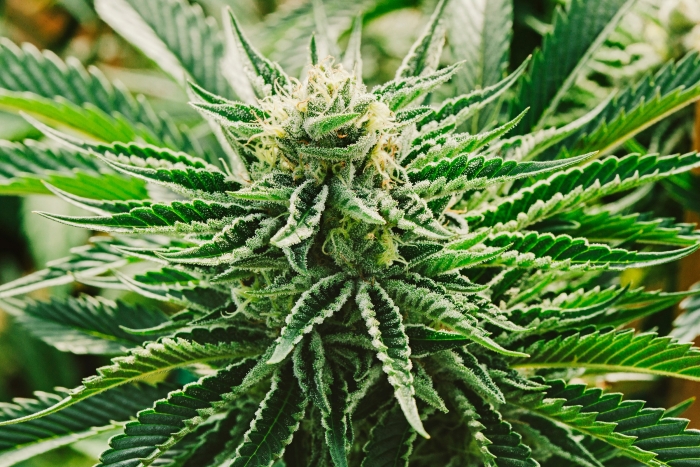You are here
Home 🌿 Recreational Marijuana News 🌿 Quebec wants to clarify its right to prevent home cultivation of cannabis 🌿Quebec wants to clarify its right to prevent home cultivation of cannabis

The Quebec government is calling on the Senate to amend the federal bill to legalize cannabis for recreational use to make it clear that provinces have the right to forbid home cultivation.
Quebec’s Minister Responsible for Canadian Relations, Jean-Marc Fournier, told a Senate committee Wednesday that his government wants all legal cannabis to be grown by federally licensed producers, at least in the initial stages of legalization.
Mr. Fournier said the federal legislation should be clarified to state that Canadians cannot grow more than five plants of cannabis at home – as it currently does – but that provinces should also have the right to prevent any home-growing operations. He said the rules proposed in Bill C-45 would take “an industrial quantity” of police officers to enforce given the millions of residences in Quebec.
“How could we check what happens inside those residences in terms of cannabis production?” he said. “One could imagine that various individuals could organize and create a network of home production.”
Mr. Fournier said the federal legislation creates clear controls over the quality of the cannabis that will be grown by licensed producers, but there will be no rules governing the quality of homegrown products. He said the proposed Quebec legislation, Bill 157, will be reviewed after three years, which means home cultivation could be allowed depending on the experience in other provinces.
“Do we have to open the door wide open from the start? Because we won’t be able to close it afterward,” he told senators.
Quebec and Manitoba are proposing to prevent home cultivation of cannabis. Alberta will allow only indoor production, while New Brunswick has decided to force individuals to grow their cannabis inside locked facilities.
When it moved to legalize cannabis, the federal government decided to allow individuals to grow the drug for their personal use, with the goal of displacing organized crime from the market.
Appearing before the Senate committee last month, Justice Minister Jody Wilson-Raybould said Ottawa would not challenge provincial laws on home cultivation, but the federal government could not stop individuals from taking the matter into their own hands.
“If that is the case, they would go to court and there would be discussions about the conflict of laws – if there is a conflict of laws between the provincial and the federal law – and if there is a conflict, then the federal law will prevail,” Ms. Wilson-Raybould said.
She said she agreed with the ability of the provinces to adopt different distribution models for cannabis to suit their individual requirements. Still, she said, Canada is moving toward a “national regime” for legal cannabis.
“I believe that provinces and territories have the opportunity to change some of the requirements and restrictions by lowering the age or the number of plants or, as is the case in Quebec, proposing zero home cultivation,” she said.
Mr. Fournier said he only felt a need to appear before the Senate committee because of Ms. Wilson-Raybould’s comments on a possible legal challenge of Quebec’s law.
“This is contrary to what we could call co-operative federalism,” he said.
The Senate will hold its final vote on Bill C-45 by June 7. If senators decide to vote in favour of amendments, the bill will return to the House of Commons.
Bill C-45 states that cannabis will become legal for recreational use at a date set by cabinet, which is expected to be two or three months after the final vote in Parliament.
420 Intel is Your Source for Marijuana News
420 Intel Canada is your leading news source for the Canadian cannabis industry. Get the latest updates on Canadian cannabis stocks and developments on how Canada continues to be a major player in the worldwide recreational and medical cannabis industry.
420 Intel Canada is the Canadian Industry news outlet that will keep you updated on how these Canadian developments in recreational and medical marijuana will impact the country and the world. Our commitment is to bring you the most important cannabis news stories from across Canada every day of the week.
Marijuana industry news is a constant endeavor with new developments each day. For marijuana news across the True North, 420 Intel Canada promises to bring you quality, Canadian, cannabis industry news.
You can get 420 Intel news delivered directly to your inbox by signing up for our daily marijuana news, ensuring you’re always kept up to date on the ever-changing cannabis industry. To stay even better informed about marijuana legalization news follow us on Twitter, Facebook and LinkedIn.




